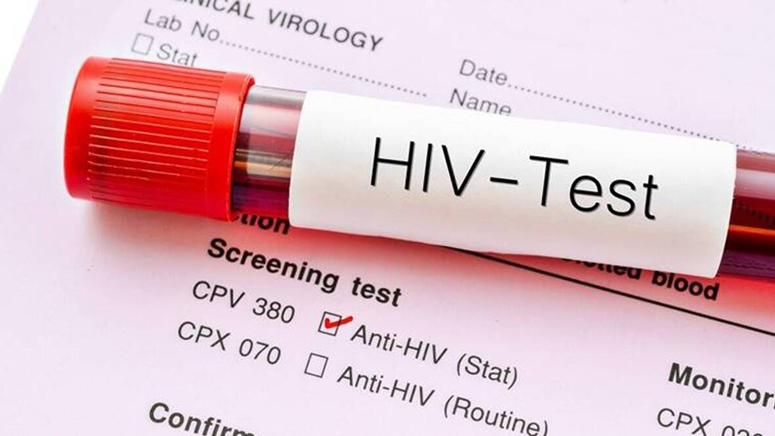What Is HIV?

HIV is a virus that attacks the immune system in humans, specifically targeting the CD4 cells and destroying them. First isolated in 1983, it has continued to command medical attention for decades. Even though scientists have made tremendous progress in developing treatments for HIV, it is still a serious health challenge in many countries around the world.
Around 1.1 million people [1] were living with HIV in the United States in 2015. Most of whom were men. In 2016, the Center for Disease Control and Prevention (CDC) [2] estimated that there were 39,782 new HIV cases in the US. Transmission may be through blood or seminal and vaginal fluids during sex. It can also be passed from mother to child.
HIV is a lifelong disease with no known cure. If left untreated, it replicates in the cells of the immune system for years while slowly destroying the body. Over time, it progresses into a chronic, life-threatening condition known as AIDS. Early detection and antiretroviral therapies can help keep the infection in check. These treatments have made it possible for infected people to live long, healthy lives.
Infection with HIV is difficult to recognize in its early stages, except through tests. It normally stays silent in the body during the first years of infection. It may take up to 10 or more years before any serious symptoms start to appear. By this time, widespread proliferation of the virus has taken place in the body.
Read on to find out some of the symptoms you may experience if you have HIV.













